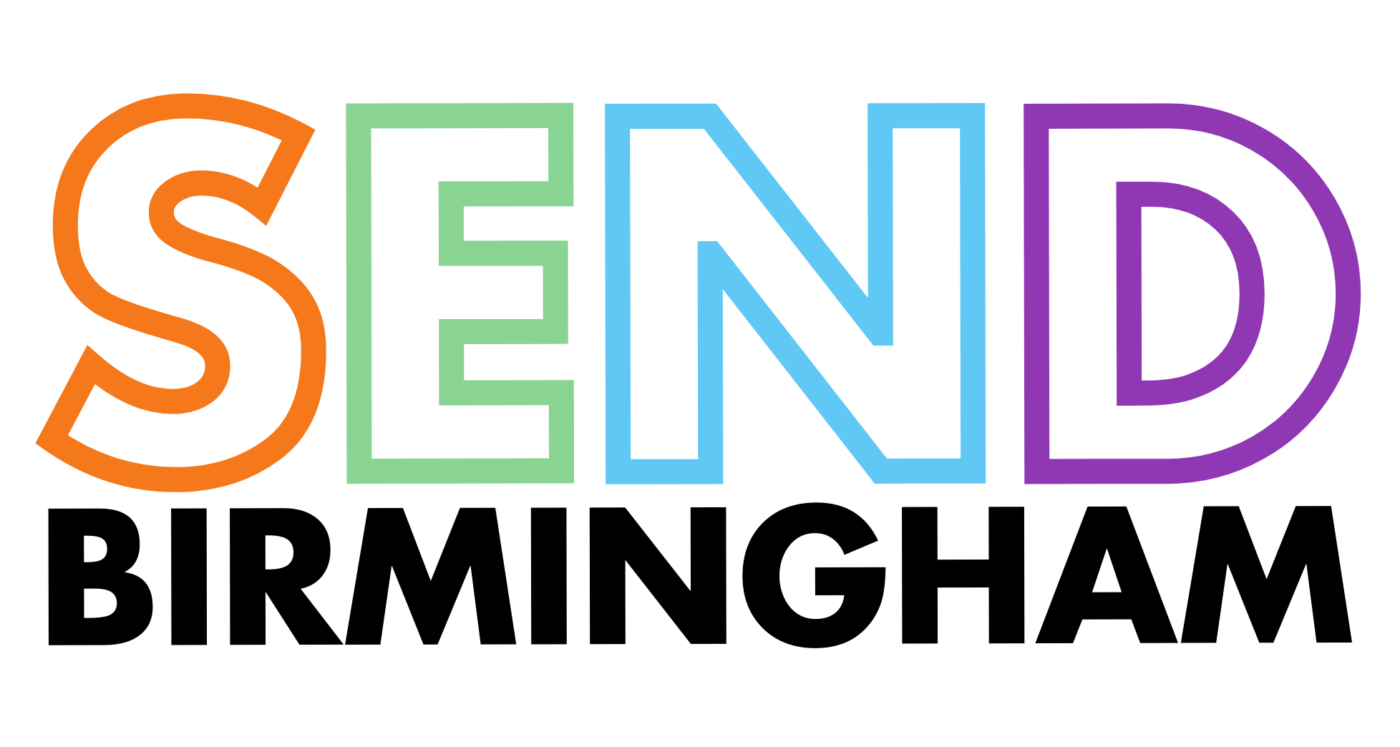Special Educational Provision
Children and young people with special educational needs may need extra support from their school or setting in order to accommodate their additional needs. This is called special educational provision and is different or in addition to what is generally given to other children of the same age.
For most children with special educational needs, this is provided by a mainstream class or group and can include individual support that takes place inside or outside the classroom.
How the specialist provision process works
If a parent or carer is worried about the progress their child or young person is making in school, they can share their concerns with the class teacher or setting leader and explore the best way to support their child. If their child doesn’t make any progress despite well-targeted teaching, the parent, carer or teacher should speak to the school or settings SENCo. The SENCo will work with the teacher to assess whether the child has the correct level of support.
There are different stages for helping children with special educational needs depending on each child’s needs. For most children, their needs can be met within their local school and setting. If the child is doing well, they may not need to go to the next stage but if their needs are severe or complex, they may need the advice and support of outside agencies.
The education setting must inform the parent or carer if they think their child has special educational needs and of what action they plan on taking.
Educational settings may decide that they cannot meet all your child’s needs. They can then ask for advice from the Locality SEND Team which is made up of specialists within the local authority. They will look at the problems facing your child and discuss how to help them. The school or nursery must ask for your consent before they do this.
Settings must:
- work closely with parents, carers and their child to identify additional needs and support
- take into account the views of the parent or carer and their child
- include parents and carers in decisions to involve specialists
- share details of the support plan and agree dates for review
- involve parents, carers and their child in the review of additional support.
Parents and carers have the following rights and responsibilities:
- They can bring any concerns to educational setting staff
- They have the right to be consulted about decisions that affect their child
- They have a vital role in supporting their child or young person’s education
- They should have their views taken into account
- They should be informed by the school or setting when they start giving extra or different help to their child
- They should know that the wishes of their child should be listened to
- They must have a copy of their child’s learning plan
Parents and carers of school aged children should have access to the following documents and information from their child’s educational setting:
- Prospectus – The prospectus normally contains useful information about the school. This may include which subjects are studied, the length of the school day, details of the school uniform, out of school activities, and health matters.
-
Policies – Schools must have written policy statements on matters relating to the effective running of the school, including support for learners with special educational needs or disabilities. This should be available on the school website.
-
School SEND information report – Schools and Academies must publish information on their website that details how they implement the school’s policy for SEND. This is sometimes called the school’s Local Offer or School Offer for SEND. You can ask for a copy if you do not have access to the website.
-
Newsletters – Most schools send regular newsletters to parents giving information about school life. This may include events and activities, school in-service training day closures, and staff changes.
- Pupil Report – Schools have to send a written report at least once a year to parents of children of compulsory school age. The report should explain progress, and the pupil’s strengths and weaknesses. The report should not be used to raise serious issues with parents for the first time about their child’s progress.
- A child’s school records – Parents and carers have the right to access their child’s educational record. This covers information such as the records of the pupil’s academic achievements as well as correspondence from teachers, local authority employees, and educational psychologists.
SEND Support Provision Plans
Local mainstream schools and settings are able to support the majority of children and young people with special educational needs. However, some children may have more complex needs and so require additional support and potentially even multi-agency involvement.
A SSPP is a document created by the local authority to assist schools in providing the correct provision for children and young people with more complex needs. SSPPs are useful for clearly demonstrating the provision being put in place as well as allowing schools and settings to work in partnership with parents and carers to plan the best provision for their child or young person. SSPPs must be reviewed regularly and any review should include parents and any relevant SEND support services involved with the child or young person.
There are two parts to an SSPP. To get a better idea of what is included, please see the following information and take a look at the example SSPP.
- Important information about the child or young person
- Details of all persons with parental responsibility
- Details of the plan Coordinator
- All about me – My Story’ (history and key facts)
- All about me – My Current Profile’
- People involved in actively contributing to this plan
- Broad areas of educational concern
- Arrangements for reviewing the SEN support plan
- Priority areas of need, outcomes and additional provision

